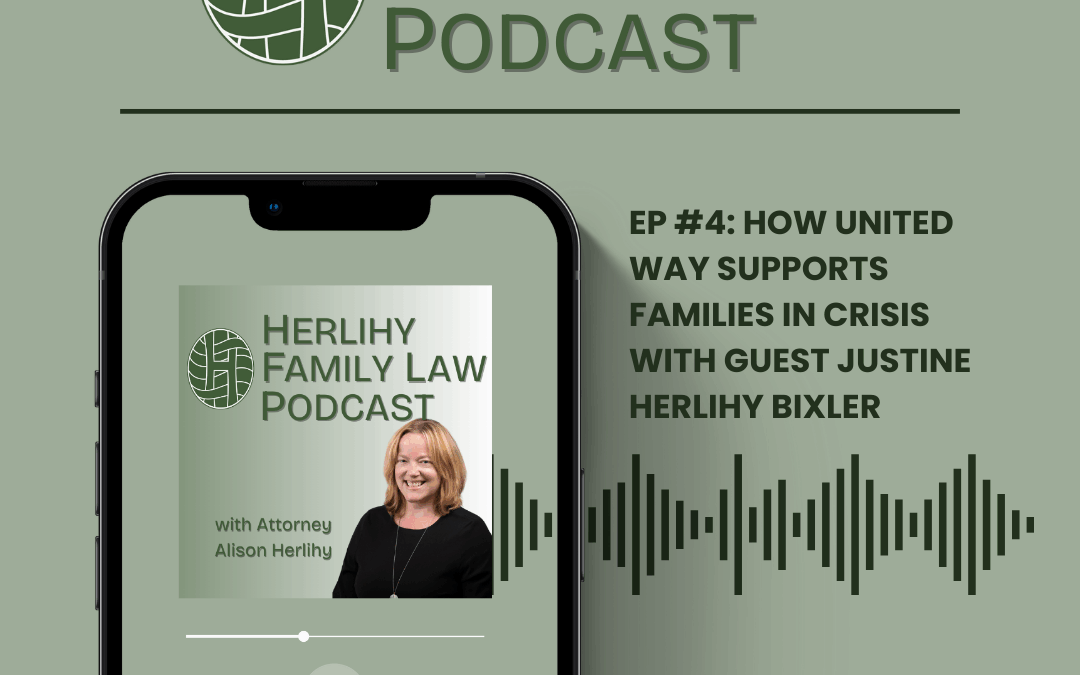
Podcast Episode #7: 12 Common Myths About Family Law and Divorce—Debunked
Podcast Episode #7: 12 Common Myths About Family Law and Divorce—Debunked
In Episode 7 of the Herlihy Family Law Podcast, attorney Alison Herlihy is joined by fellow family law attorney Walter Gewin to tackle some of the most common misconceptions people have about divorce, custody, and child support. Drawing on their extensive experience practicing family law in Alabama, they unpack the reality behind these persistent myths to help clients make informed decisions during difficult times.
Myth #1: Moving out means you lose your share of the house.
Many believe that leaving the marital home equals forfeiting ownership. In reality, moving out does not automatically impact your property rights. Courts consider various factors when dividing assets, such as the duration of the marriage, income, and contributions—not just who remained in the home.
Myth #2: If your spouse doesn’t pay child support, you can withhold visitation—and vice versa.
Child support and visitation are separate legal obligations. Failing to pay support doesn’t grant the other parent the right to withhold visitation, and withholding visitation doesn’t justify skipping payments. Both actions can lead to contempt of court.
Myth #3: If your spouse cheats, you automatically get everything in the divorce.
Infidelity can be a factor in a divorce, but it rarely determines the entire outcome. Courts weigh many considerations—like financial circumstances and the length of the marriage—when dividing assets. Adultery may influence decisions, but it doesn’t result in a financial windfall.
Myth #4: You can cut your child support in half when one child turns 18.
Child support is based on a specific formula, not a casual estimate. Unilaterally reducing payments can lead to legal trouble, including judgments and accruing interest. Also, in Alabama, the age of majority is 19—not 18—and support may continue longer in cases of disability.
Myth #5: Occasional marijuana or alcohol use means automatic loss of custody.
Use of substances like alcohol or cannabis doesn’t inherently mean a parent loses custody. Courts are concerned with how behavior affects the child. If substance use doesn’t pose a direct risk or result in neglectful parenting, it’s unlikely to be a deciding factor.
Myth #6: Adultery automatically disqualifies someone from custody.
Custody decisions focus on the child’s best interest. Having an affair doesn’t automatically make someone an unfit parent unless the circumstances—such as exposing the child to harmful individuals—pose a safety concern.
Myth #7: Whoever gets custody gets to keep the house.
Retaining the marital home depends on the financial ability to refinance and buy out the other party’s equity, not just who has custody. The home is typically a couple’s largest asset and must be fairly divided.
Myth #8: You can force your spouse to pay your attorney’s fees up front.
Courts may award attorney’s fees, but upfront payment is rare. Fees are usually awarded at the end of a case, depending on factors like income disparity or misconduct during litigation—not simply because one party requests it.
Myth #9: Seeing a therapist will cost you custody.
Seeking mental health support is not a liability in court. In fact, getting help during a divorce is often viewed positively. Only in extreme cases—where a parent poses a danger to themselves or others—might therapy records negatively influence custody.
Myth #10: You get more money because your ex is a jerk.
Divorce court isn’t about punishing someone for being unpleasant. Asset division is based on the facts of the case and equitable principles—not personality assessments or claims of being difficult.
Myth #11: Children can choose where to live at a certain age.
There’s no magic age where a child gets to decide custody. In Alabama, a child’s preference can be considered if they are mature enough, but it’s just one factor among many. Ultimately, the court determines custody based on what’s in the child’s best interest.
Myth #12: The court will automatically enforce the order after your case ends.
Once a custody or support order is in place, the court doesn’t proactively monitor compliance. If one party doesn’t follow the order, the other must take steps—such as filing for contempt—to enforce it.
Don’t Navigate Divorce on Myths Alone
Misunderstandings about family law can lead to costly mistakes. For reliable legal guidance, listen to Episode 7 of the Herlihy Family Law Podcast, where experienced attorneys provide clarity on these common myths. To learn more or schedule a consultation, visit herlihyfamilylaw.com.





